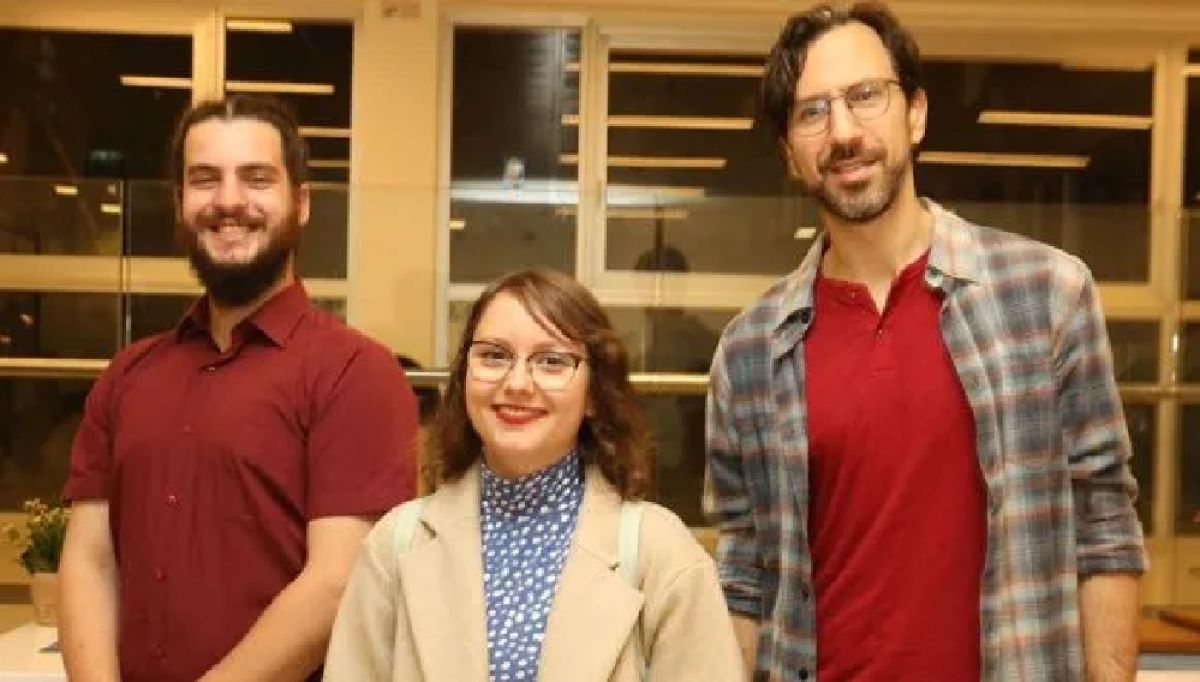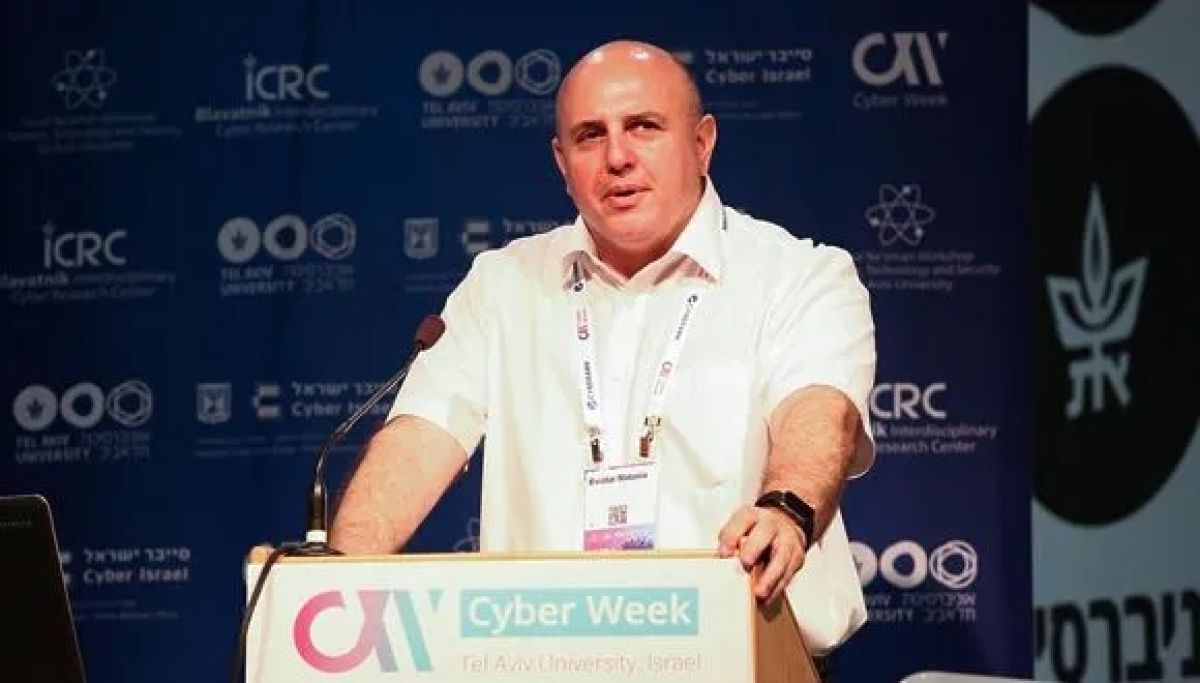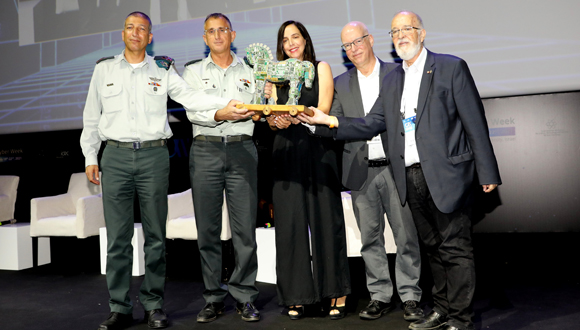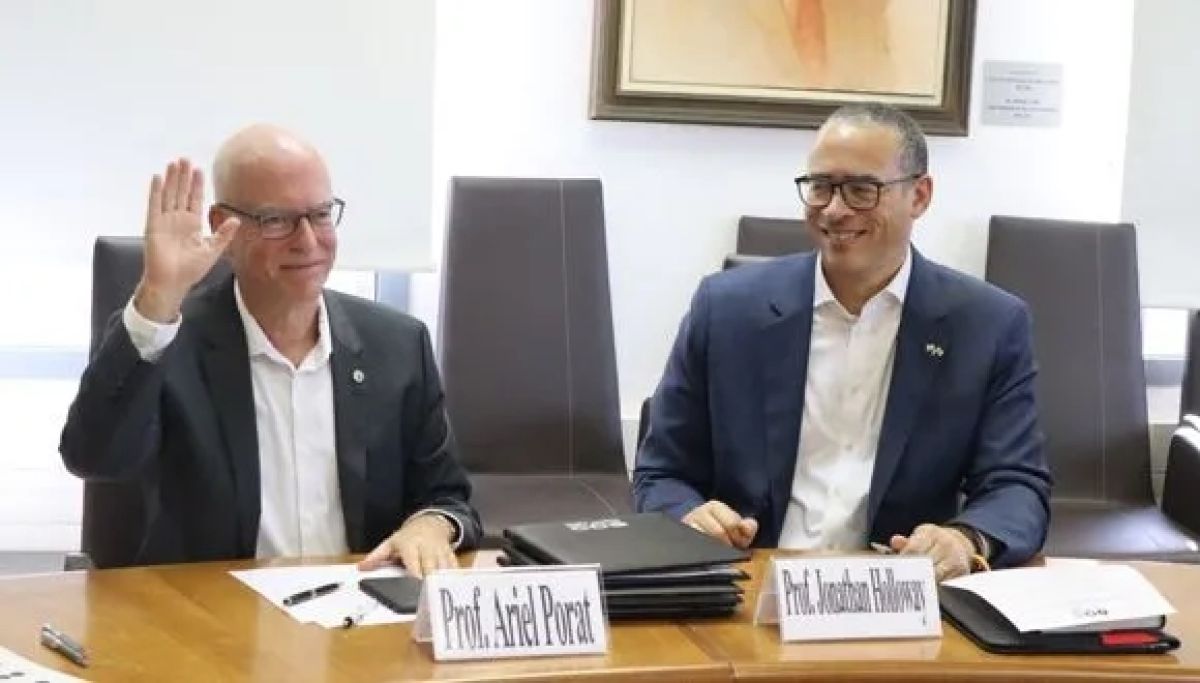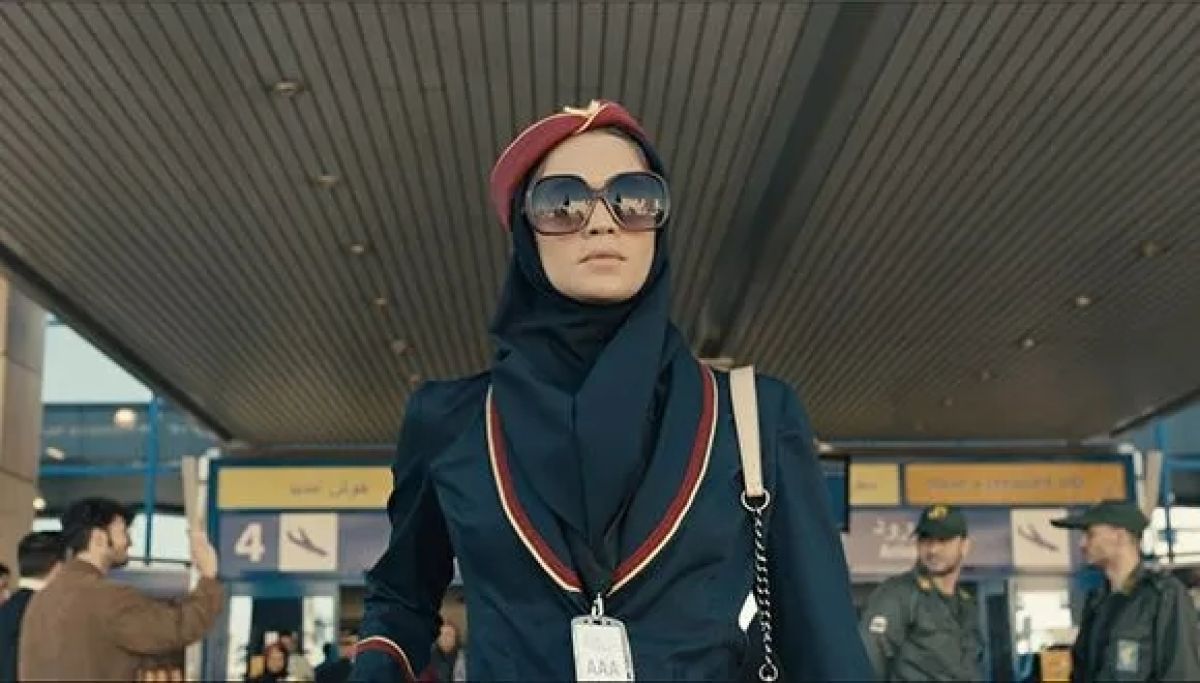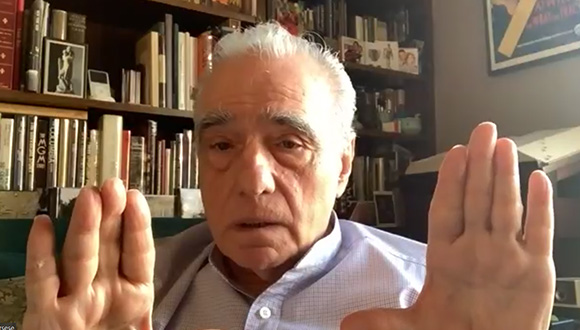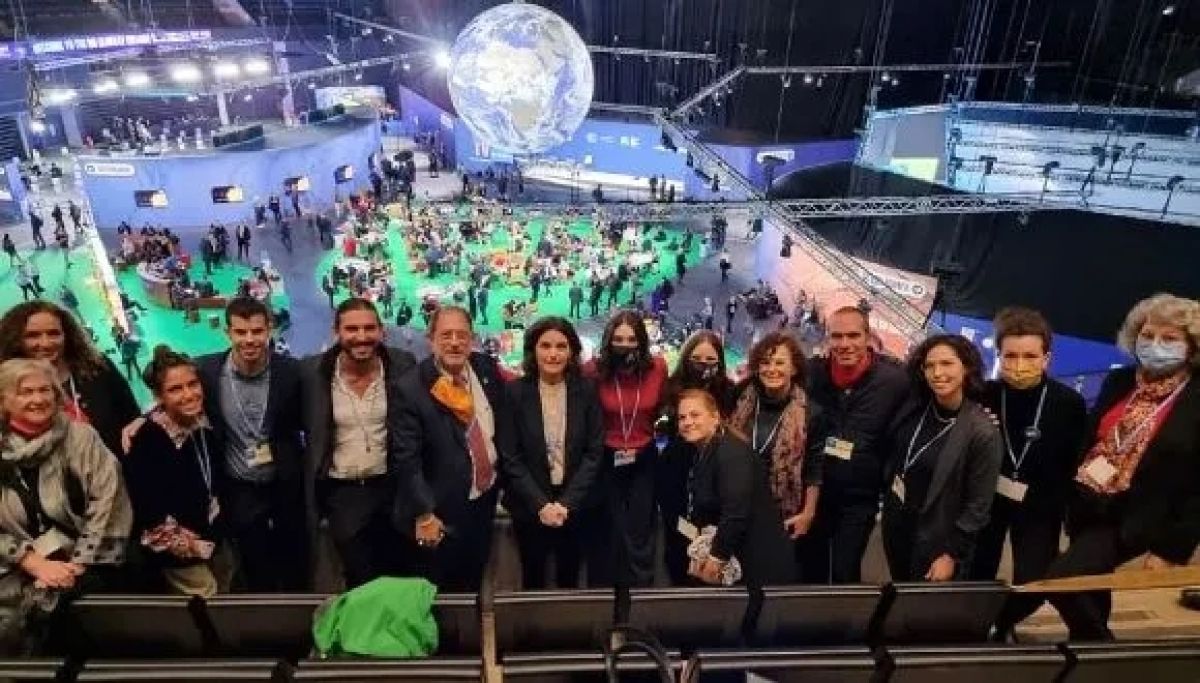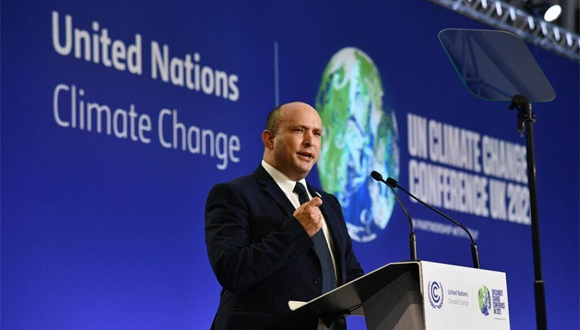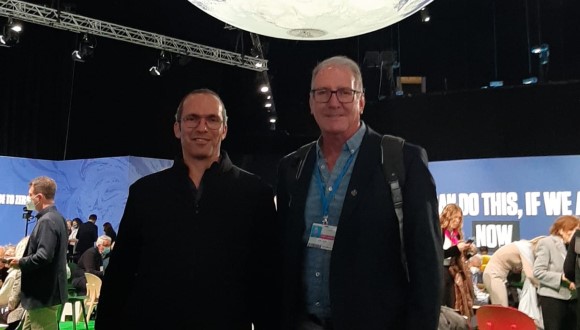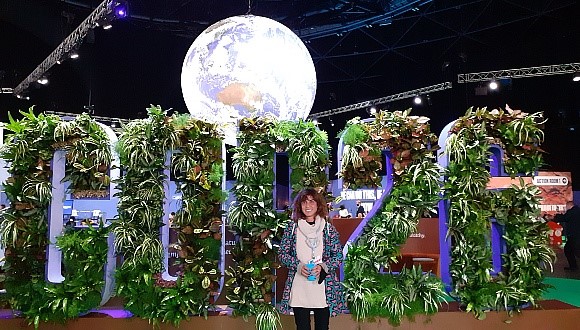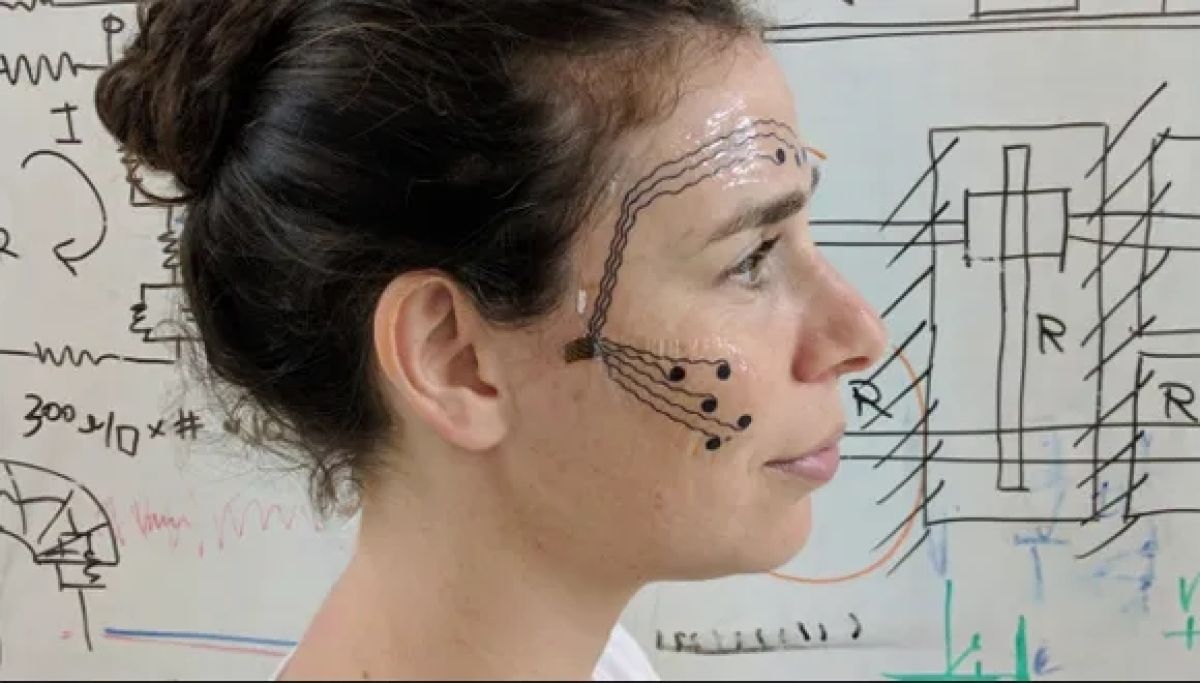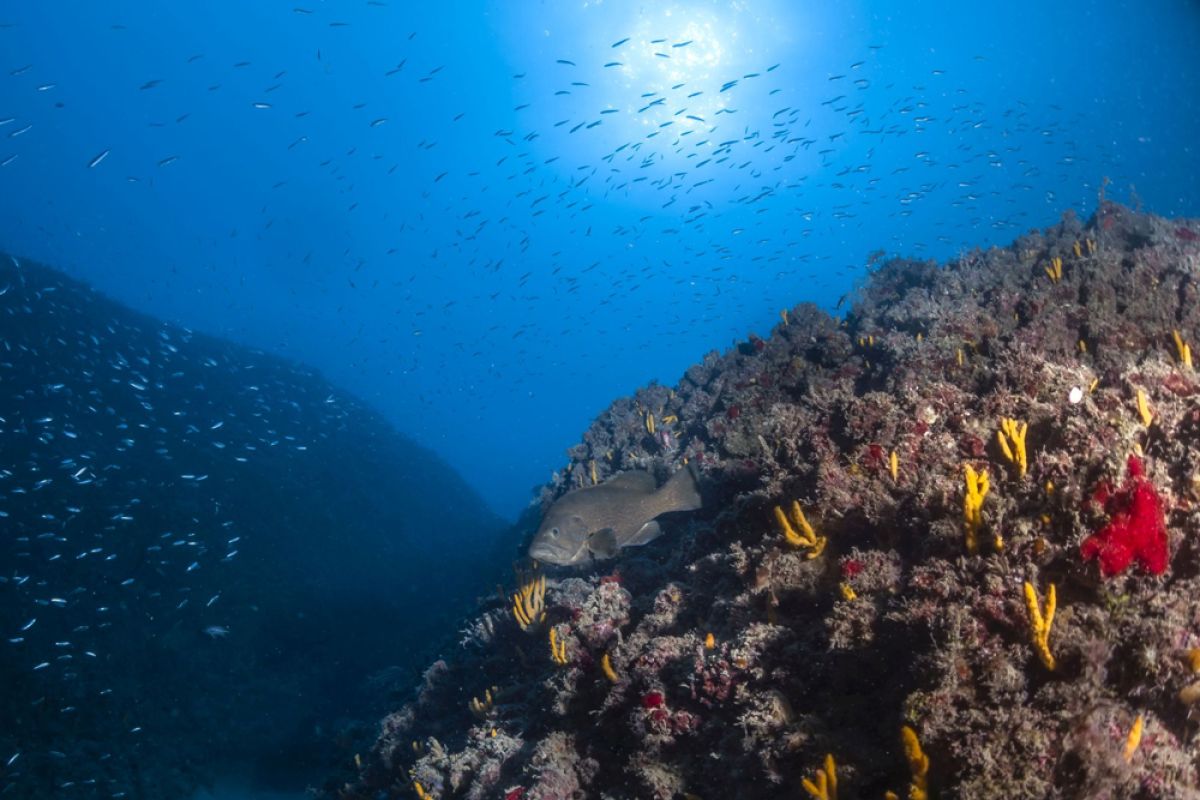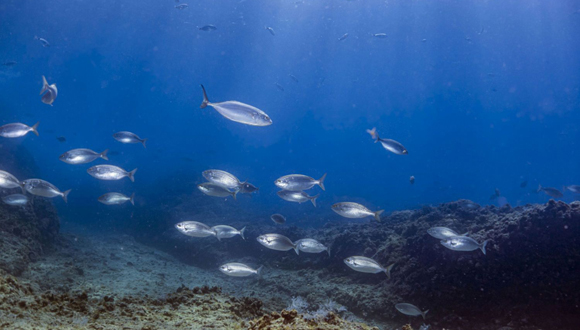Coexistence – Israel’s Inevitable Faith
The Arditi Prizes for coexistence were awarded to students for their original plays on Jewish-Arab relations.
Tel Aviv University presented the Arditi Foundation Awards to outstanding students in the field of art in Jewish-Arab relations. Students from various disciplines at six Israeli universities – Tel Aviv University, Ben Gurion University of the Negev, The Hebrew University of Jerusalem, Bar-Ilan University, University of Haifa, and The Open University of Israel – took part in the competition to write short original plays on Jewish-Arab relations in Israel, with the shared theme of “smells, sounds and tastes.”
The three winning plays were selected by a panel of judges from TAU’s Department of Theater Arts, The Department of Literature, and The Department of Arabic and Islamic Studies. The event was hosted by The S. Daniel Abraham Center for International and Regional Studies, sponsored by the Arditi Foundation, and in collaboration with the Department of Theater Arts in The David and Yolanda Katz Faculty of the Arts.
First Place – Emulsion
The prize for first place was awarded to Emulsion, a play by Nir Cohen Rothschild and directed by Riki Assor. The play is about Wajdi, the pantry chef in a successful restaurant. On a particularly difficult shift, when new apprentice Uri is shadowing Wajdi, another cook is running late, pressure’s high – as are the kitchen manager’s high expectations – Wajdi and Uri are experiencing communication issues that are preventing the kitchen from running efficiently. The play shows how communication problems arise and how they can be dealt with.
“Emulsion is exactly what we need – not only here in Israel but throughout the world,” said Hanna Birach, the student who played the role of Wajdi.
“The message of the play is that it is mixing, or unmediated contact that creates a delicious dish. We mustn’t judge those who have a different faith than us, and we are not the sole bearers of the truth. Only when we learn to listen will we achieve true coexistence.”

From Nir Cohen Rothschild’s winning play – Emulsion (Photo: Chen Galili)
Second Place – The Country’s Chef
Second place, went to The Country’s Chef, a play by Doron Rechlis and directed by Yochai Hacker. The play follows an Arab and a Jewish contestant competing against each other in the grand finale of the popular reality cooking show.

From Doron Rechlis’ play The Country’s Chef (Photo: Chen Galili)
Third Place – Being Only You for the Rest of Your Life
The play Being Only You for the Rest of Your Life, written by Sigi Golan and directed by Mor Halevi, won third place. The play is about a young woman who decides to meet with a man from a dating app. He is not at all what she expected, but they learn that there is much more to the other person than what meets the eye.
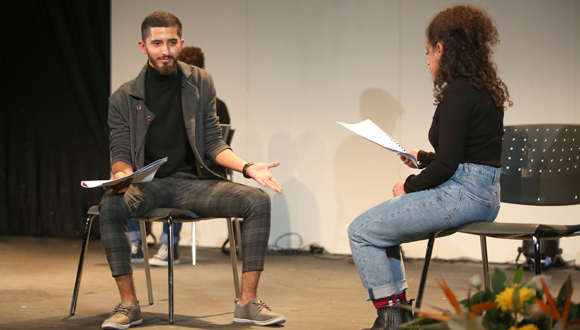
From Sigi Golan’s play Being Only You for the Rest of Your Life (Photo: Chen Galili)
No Choice But to Live Together
Prof. Raanan Rein, head of the S. Daniel Abraham Center for International and Regional Studies, said, “The COVID-19 pandemic which affected everyone, regardless of national or ethnic identity, in combination with the sequence of violent events between Arabs and Jews that took place in May 2021 following the military Operation Guardian of the Walls, highlighted the need to find ways to live together in this country.”
“Tel Aviv University, as a leading research institution, has a cultural and social commitment. In a time of public discourse characterized by a degree of xenophobia and racism, there is a lot of value in a competition that expresses the pluralistic nature of the University and of Israeli society and the importance we place on the need to know ‘the other.’”
The founder and head of the Arditi Foundation, Mr. Metin Arditi, is a Jewish Swiss writer and philanthropist. He congratulated the participants, saying, “In Israel, Jews and Arabs have no choice but to live together.”
“Coexistence between Jews and Arabs is the inevitable fate of the State of Israel,” he concluded.
Features image: The winning playwrights (left to right): Nir Cohen Rothschild (1st place), Sigi Golan (3rd place), Doron Rechlis (2nd place) (Photo: Chen Galili)

